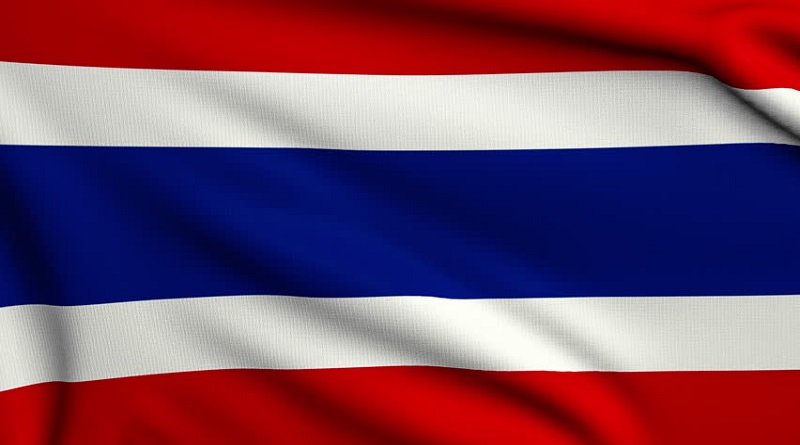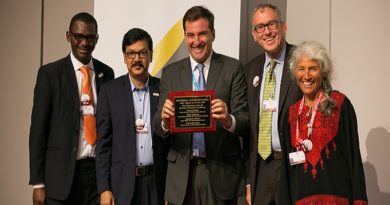Thailand emerges 66th future Party to Minamata Convention
The government of Thailand on Thursday June 22, 2017 deposited her instrument of ratification and emerged the 66th future Party to the Minamata Convention on Mercury.
Their ratification brings to 15, the number of future Party to the Convention of countries that have deposited their instruments of ratification after the milestone of 50 ratification requirements before the Convention can enter into force was reached on May 18, 2017.
Consequently, the Minamata Convention will enter into force and become legally binding on August 16, 2017. There are strong indications that more countries will ratify the Convention before the August date.
This month alone, 11 countries have ratified the Convention and more are still likely to do so before the month runs out.
A milestone for entry into force of the Minamata Convention on Mercury was reached on May 18, 2017 when the European Union and seven of its countries including Bulgaria, Denmark, Hungray, Malta, Netherlands, Romania and Sweden had on May 18 deposited the instrument of ratification bringing the total ratifications to 51.
Consequently, the Minamata Convention on Mercury enters into force on August 16, 2017. So far, 53 countries out of the 128 countries that signed the Convention have ratified it.
The Minamata Convention on Mercury is a global treaty that seeks to protect human health and the environment from the adverse effects of mercury. It was agreed at the fifth session of the Intergovernmental Negotiating Committee on mercury in Geneva, Switzerland on the morning of Saturday, January 19, 2013 and adopted later that year on 10 October 2013 at a Diplomatic Conference (Conference of Plenipotentiaries), held in Kumamoto, Japan.
The Convention draws attention to a global and ubiquitous metal that, while naturally occurring, has broad uses in everyday objects and is released to the atmosphere, soil and water from a variety of sources. Controlling the anthropogenic releases of mercury throughout its lifecycle has been a key factor in shaping the obligations under the Convention.
Major highlights of the Minamata Convention include a ban on new mercury mines, the phase-out of existing ones, the phase out and phase down of mercury use in a number of products and processes, control measures on emissions to air and on releases to land and water, and the regulation of the informal sector of artisanal and small-scale gold mining. The Convention also addresses interim storage of mercury and its disposal once it becomes waste, sites contaminated by mercury as well as health issues.
The Secretariat of the Convention has slated the first Conference of Parties (COP1) to the Convention for the last week in September 2017 in Geneva, Switzerland.




